Birds are fascinating creatures known for their vibrant plumage, melodious songs, and lively nature. So, if you’ve noticed that your feathered friend has been sleeping unusually, you may be understandably concerned.
While birds do require adequate rest, excessive sleep can be a sign of an underlying issue. This article will explore the possible causes, diagnosis, and treatment options for a bird that sleeps excessively.
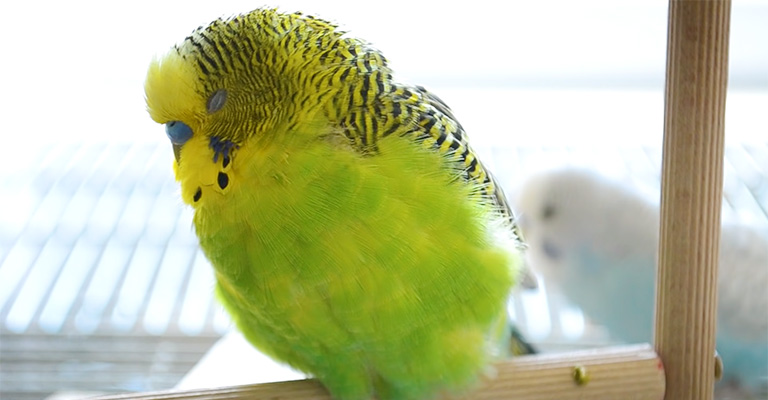
Causes of Excessive Sleep in Birds
Illness or Infection
One of the most common reasons for increased sleep in birds is an underlying illness or infection. Avian diseases such as psittacosis, avian influenza, or bacterial and viral infections can cause fatigue and lethargy, leading to increased sleeping patterns.
Age
Birds are nocturnal creatures, which means they sleep during the day and are awake at night. If your bird is a baby or young adult, it’s normal for them to be sleepy during the day. As they age, however, birds should begin sleeping less as they become more active and healthy in their environment.
Nutritional Deficiencies
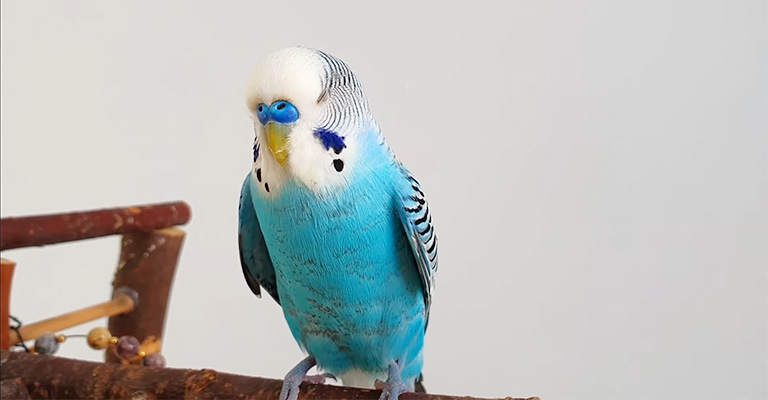
Inadequate diet or nutritional deficiencies can affect a bird’s overall health and energy levels. Birds require a balanced diet that includes essential nutrients, minerals, and vitamins. A lack of these vital elements can result in lethargy and excessive sleep.
Environmental Factors
Birds are highly sensitive to their surroundings. Changes in their environment, such as temperature fluctuations, drafts, or exposure to toxins, can lead to stress and affect their sleep patterns. Additionally, inadequate lighting or an inappropriate photoperiod (light-dark cycle) can disrupt their natural sleep-wake cycles.
Emotional Distress
Birds are social creatures and can experience emotional distress if they are lonely, bored, or anxious. Such emotional factors can lead to excessive sleep as a form of escape or retreat.
Diagnosis
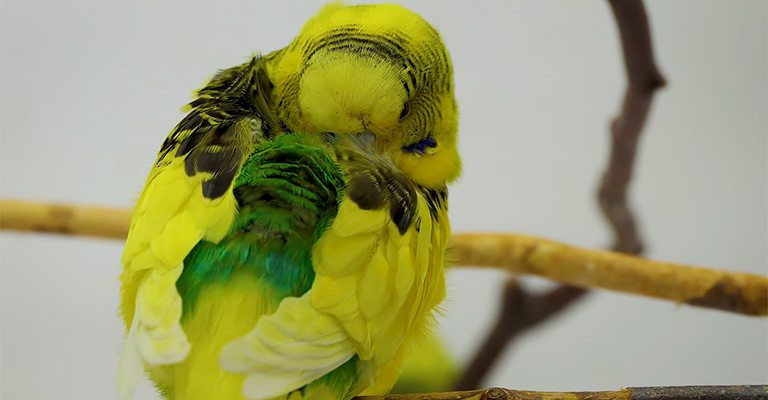
If you observe that your bird is sleeping excessively, seeking veterinary advice for a proper diagnosis is crucial. An avian veterinarian will perform a thorough examination, which may include blood tests, fecal analysis, and imaging techniques like X-rays or ultrasounds.
- A bird’s sleeping habits vary based on age, sex, and species. For example, young birds typically sleep more than adults, while males tend to sleep less than females of the same species.
- If your bird is sleeping more than normal (more than 12 hours per day), it may have a medical condition that needs treatment. An experienced avian veterinarian will be able to determine if this is true by doing an examination and performing diagnostic tests such as blood work or radiographs (x-rays).
These diagnostic tools help identify underlying health conditions or nutritional deficiencies that may be causing excessive sleep.
Treatment Options
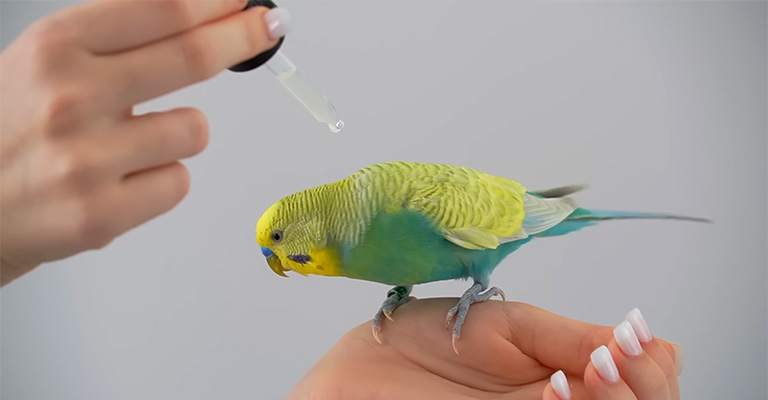
The treatment for a bird sleeping excessively will depend on the underlying cause. Here are some potential treatment options:
Veterinary Care
Follow your avian veterinarian’s recommendations for treating any diagnosed illness or infection. This may involve administering medication, such as antibiotics or antiviral drugs, to combat the underlying cause of excessive sleep.
Nutritional Changes
Ensure your bird is receiving a well-balanced diet appropriate for its species. Consult with an avian specialist or veterinarian to determine the specific dietary needs of your bird. They may recommend adding supplements or changing the bird’s diet to address any nutritional deficiencies.
Behavioral therapy
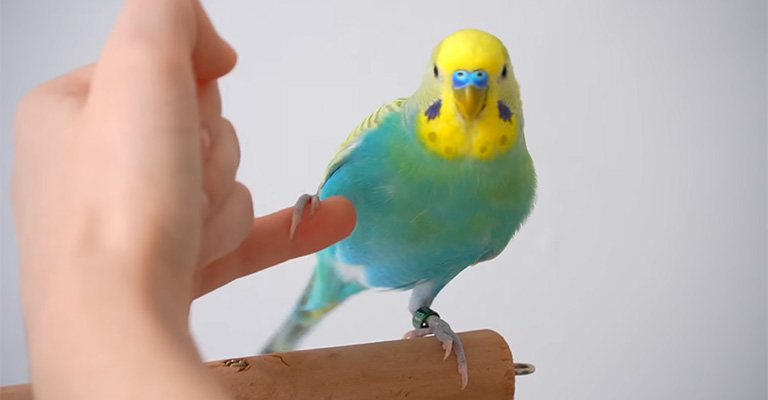
It includes things like changing up the cage environment by adding new toys and perches, increasing socialization opportunities with other birds (if applicable), providing more mental stimulation through playtime outside of their cages (with toys that encourage foraging activities),
etcetera; all things that can help keep your pet engaged with life outside their immediate surroundings so they don’t fall into patterns like excessive napping throughout their day
Environmental Modifications
Evaluate your bird’s environment and make necessary adjustments. Ensure that the temperature is suitable, eliminate any drafts or toxins, and provide proper lighting and a consistent light-dark cycle. Additionally, provide enrichment activities such as toys, perches, and social interaction to alleviate boredom or anxiety.
Veterinary Follow-Up
Regular check-ups are essential to monitor your bird’s progress and make any necessary adjustments to the treatment plan. Your veterinarian will advise on the frequency of follow-up visits based on your bird’s specific needs.
Prevention and Care
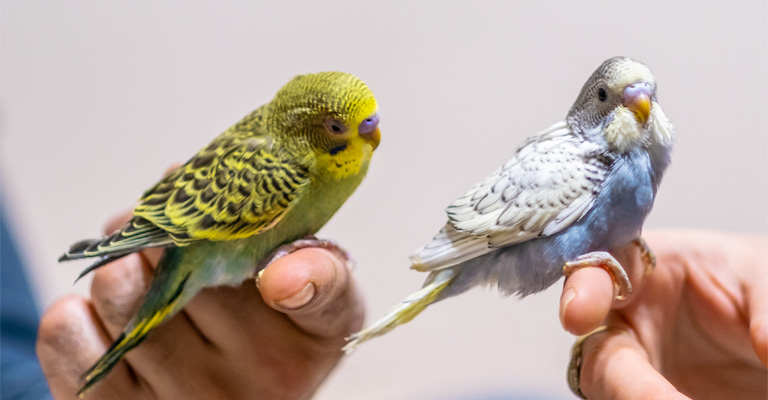
To promote overall well-being and minimize the risk of excessive sleep in your bird, consider the following preventive measures:
Maintain a Healthy Diet
Provide a varied and nutritionally balanced diet suitable for your bird’s species. This includes a combination of pellets, fresh fruits, vegetables, and occasional treats.
Create a Safe Environment
Ensure your bird’s living space is clean, free from potential hazards, and well-ventilated. Regularly clean and disinfect cages, food, water dishes, and toys to minimize the risk of infection.
Social Interaction
Birds are social animals and thrive on companions
What Is The Most Common Reason For Excessive Sleep In Birds?
The most common reason for excessive sleeping in birds is lack of exercise. This can be caused by a variety of things, such as:
- Being caged with no room to fly or walk around
- Inadequate space within the cage (too small)
- Lack of toys and perches in the cage that provide stimulation, exercise, and activity
FAQ
Natural sleep patterns, illness, hormonal changes, stress, inadequate nutrition, or environmental factors such as lack of stimulation or improper lighting can cause excessive sleep in birds.
If your bird’s sleeping patterns drastically change, accompanied by other concerning symptoms like weight loss, changes in appetite, or behavioral changes, it is essential to consult with an avian veterinarian for proper diagnosis and treatment.
A veterinarian will conduct a thorough physical examination, review the bird’s medical history, and may recommend further diagnostic tests such as blood work or imaging to identify any underlying health issues contributing to excessive sleep.
Treatment depends on the underlying cause. It may include dietary adjustments, providing a stimulating and enriched environment, ensuring proper lighting and sleep-wake cycle, addressing any underlying health conditions, or modifying the bird’s daily routine as the veterinarian advises.
Conclusion
Understanding why our birds sleep excessively is critical to their overall well-being. We can ensure their health and happiness by exploring the causes, seeking proper diagnoses, and implementing effective treatments.
So, if your feathered friend seems to be dozing more than usual, remember unlocking the mystery behind their sleep patterns can lead to a vibrant and rejuvenated companion.
Let’s embark on this journey of understanding and care, allowing our birds to wake up to a world filled with joy and endless possibilities.